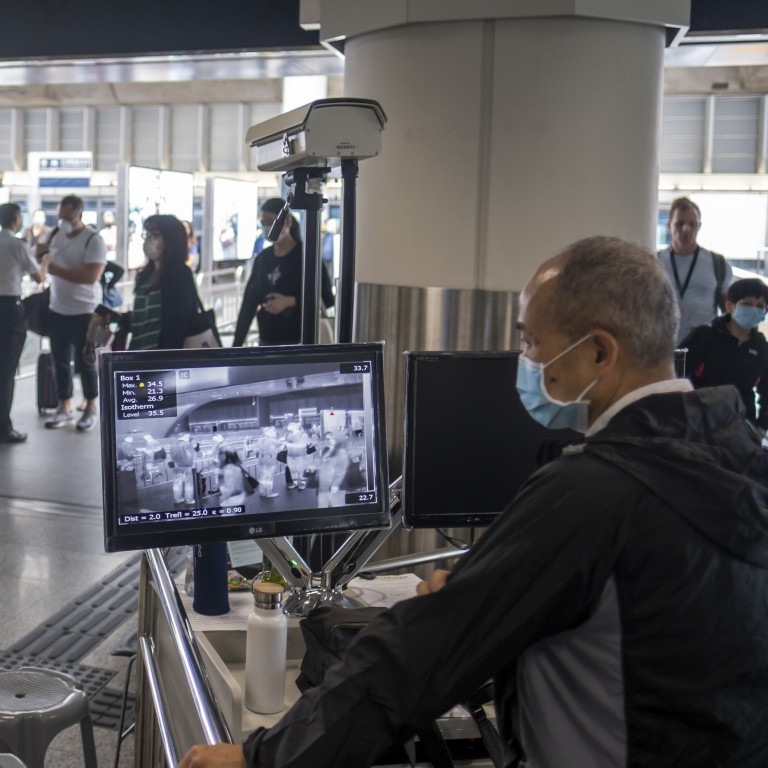
Overseas outbreaks call for virus rethink
- Recent spike in imported cases at Hong Kong airport raises questions as to whether more proactive action should be taken at a time when global travel is struggling to get back on track
Daily fluctuations in Covid-19 infections are perhaps a phenomenon we will have to live with as the city’s third wave of the outbreak drags on. But a recent spike in cases from high-risk areas has renewed calls to strengthen control over overseas arrivals, our first line of defence amid a raging global pandemic. This is important because a resurgence in infections in some countries poses greater health risks.
The disturbing news of 23 new cases on Sunday, the highest level in nearly a month, has put the spotlight on our measures at the airport. Of the 19 imported infections, eight came from India, seven from Nepal, three from the Philippines and one from Sweden. Since the start of the month, there have been nearly 90 imported cases, half of which were recorded over the past week.
The immediate ban on all Air India flights and a Cathay Dragon service from Kuala Lumpur is the appropriate response.
Currently, an airline that brings in five or more people with the coronavirus on a single flight is temporarily suspended under emergency health regulations tightened last week. The Indian carrier was barred for the same violation for two weeks last month.
Travel bubbles may mean Hong Kong flights without transit passengers: minister
That raises questions as to whether more proactive action should be taken. Even though passengers from 10 high-risk areas are required to produce a certified negative test result within 72 hours of departure, there are no controls over the standard and authenticity of tests.
Experts have also warned of infection risks before and during flights, with some people having to travel a long way to reach airports, or transit via another country.
It has been suggested that the growing number of imported cases also shows that our surveillance system at the airport is working well. But even if the authorities are able to screen out infected passengers with a test upon arrival, our public health care system will still be overloaded if the trend continues.
Although daily infections fell to six yesterday, four of which were from overseas, and may provide some relief, the truth is that we are exposed to greater risks with global travel struggling to get back on track. The resurgence of outbreaks overseas makes a strong case to review and strengthen our strategy.

